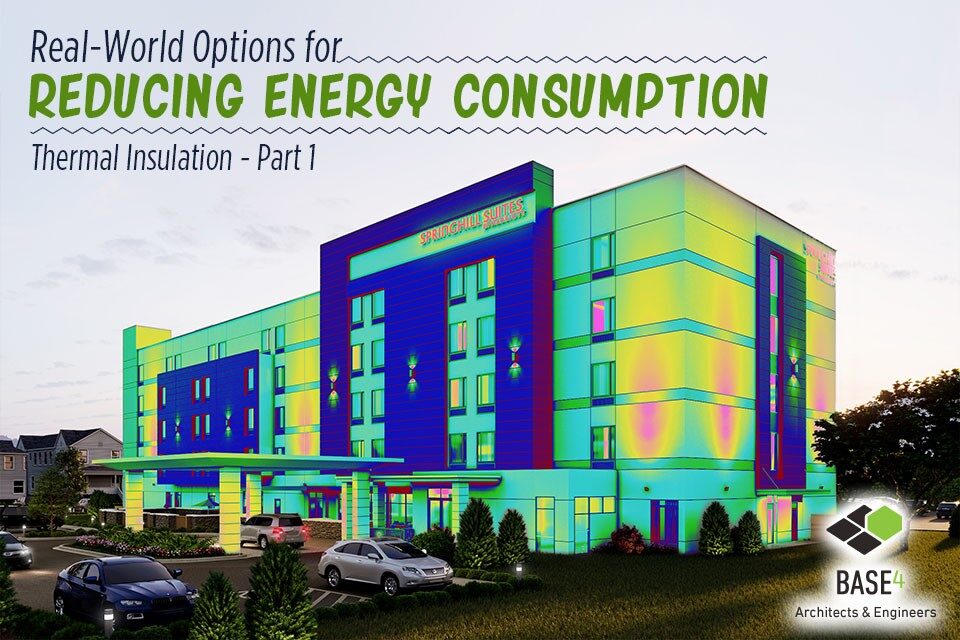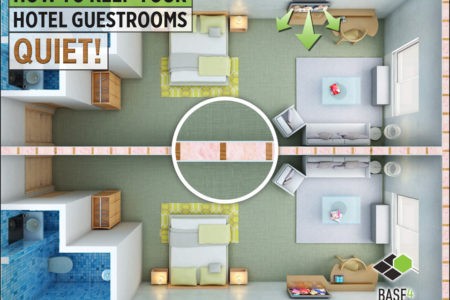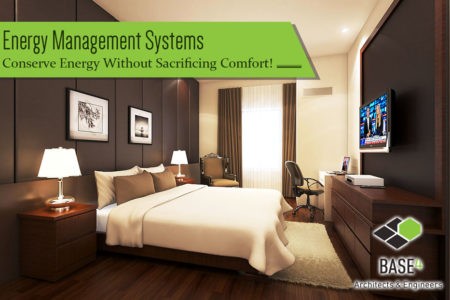The average hotel room costs $2196 per year in energy expenses.1 Nearly half of the energy bill relates to HVAC and lighting costs. But costs will increase if your hotel experiences heating and cooling leakages in vulnerable areas.
In this two-part newsletter series, I explore some practical ways hoteliers may optimize thermal insulation to reduce energy consumption, benefitting both the environment and the bottom dollar.
Let’s dive into some basics for this week!
Measuring the Performance
To understand the value of different types of insulation, you must understand R-value. R-value denotes heat flow resistance of various parts of a structure, such as walls, windows and insulation. In simple terms, the higher the R-value rating of a product, the more effective the thermal insulation. Different insulating products have different R-values depending on their effectiveness. Within the various climate zones of the country, different R-ratings are advised.
Below are the R-values of some common insulators:
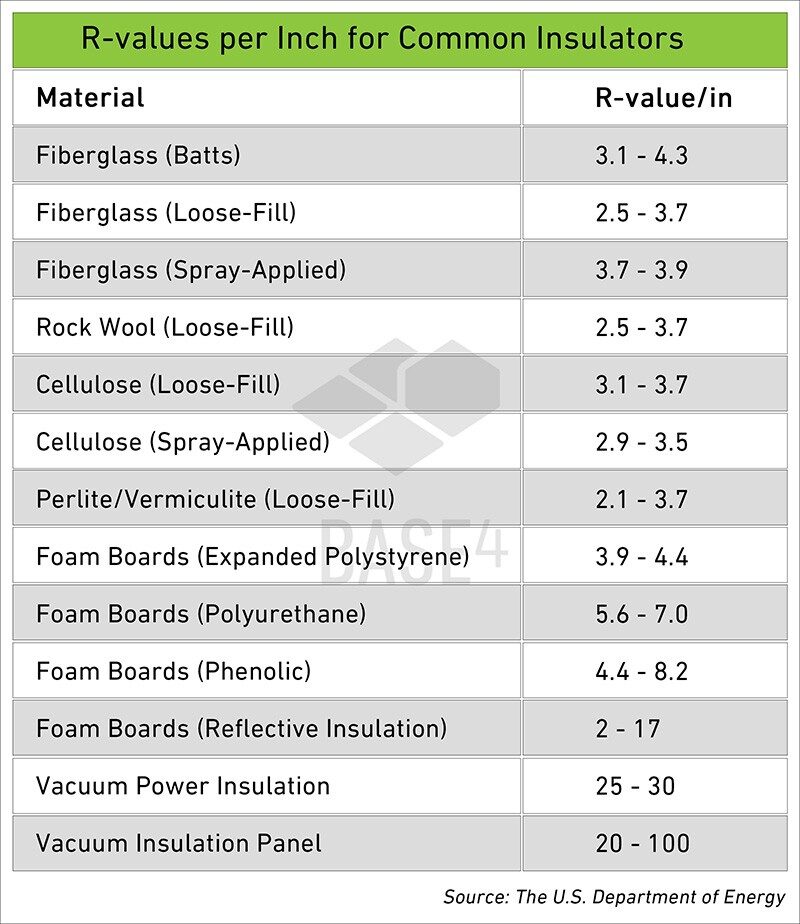
Insulate for Heat Flow Resistance in Your Hotel
Insulation promotes comfort and energy efficiency by guarding against the loss of heat or cooling through the doors, windows, walls, and other porous areas of the building. As noted in the above table, the effective R-value/in of the wall-assembly—comprising of studs, insulation, wall panels —will vary depending on the construction type. (More to come on that topic in Part II.) The effectiveness of your insulation makes a huge difference in energy cost. For example, inefficient windows alone can waste 25-35% of building energy! 2
Common Insulators
Different forms of insulation include foams, structural insulated panels, batts made of fiber such as mineral wool and fiberglass, and blown-in cellulose, among others. Insulating concrete form (ICF) is a high-performance wall system that provides good insulation. Here’s a quick analysis of ICF construction if you’re considering it.
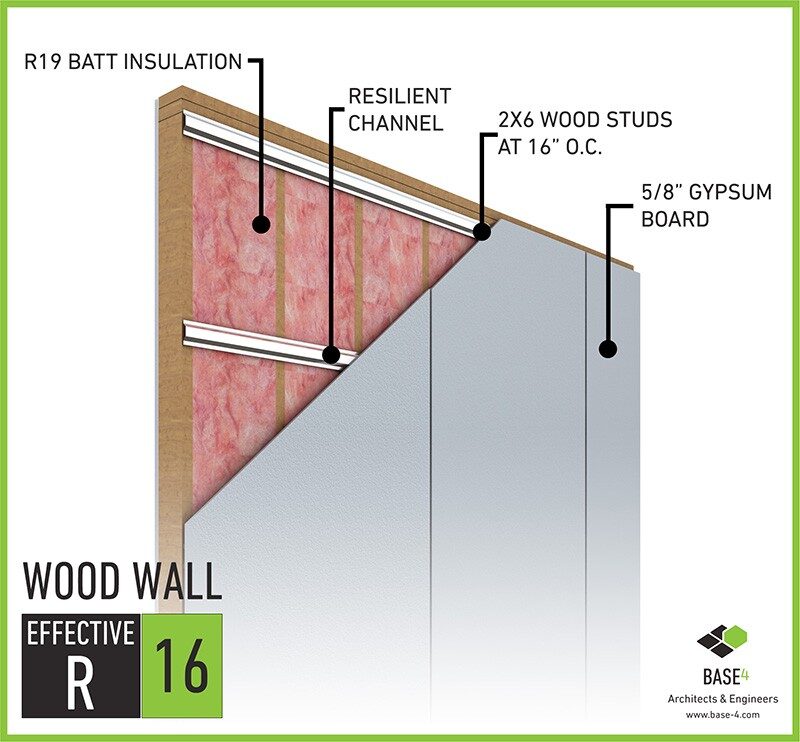
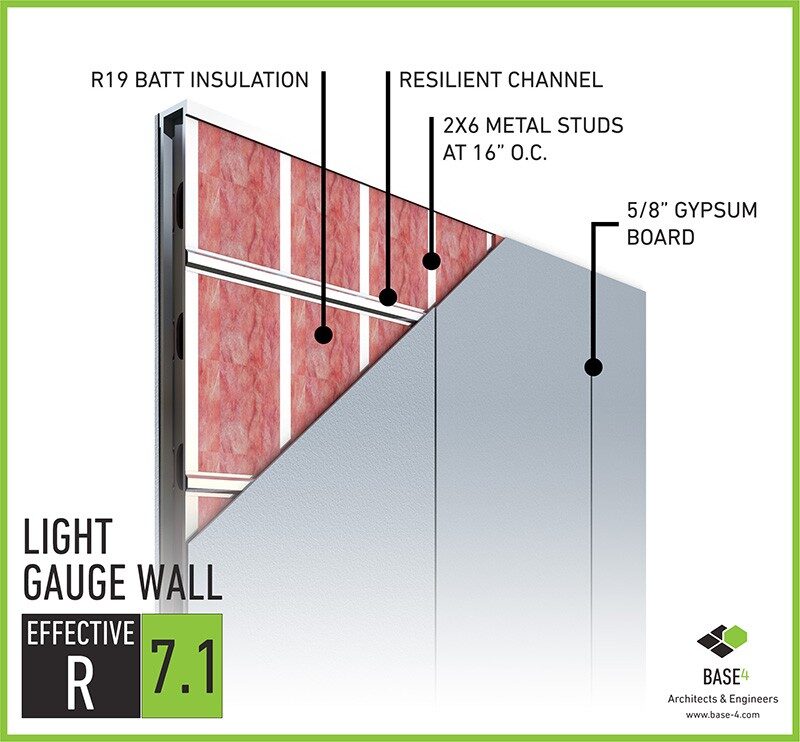
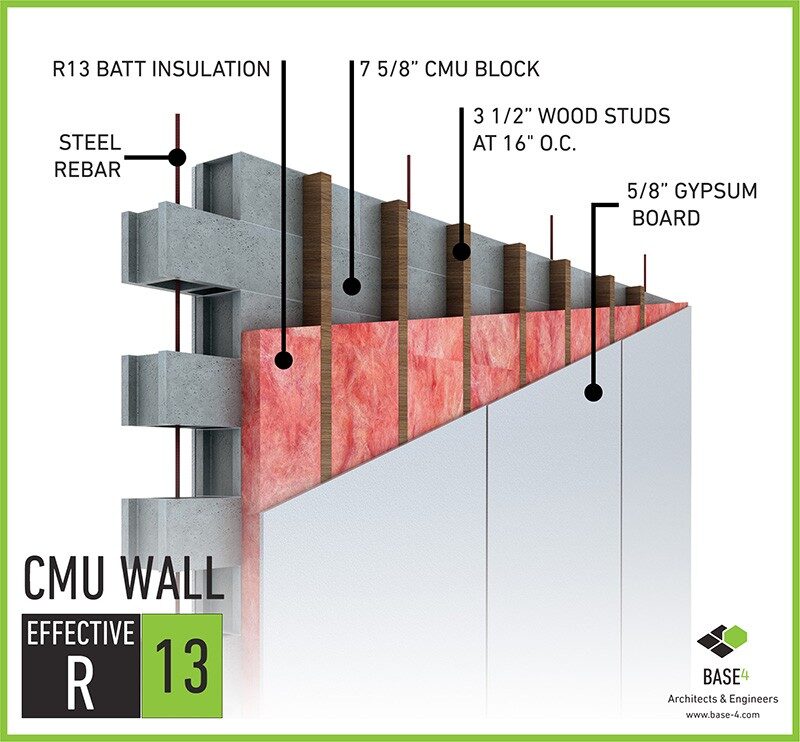
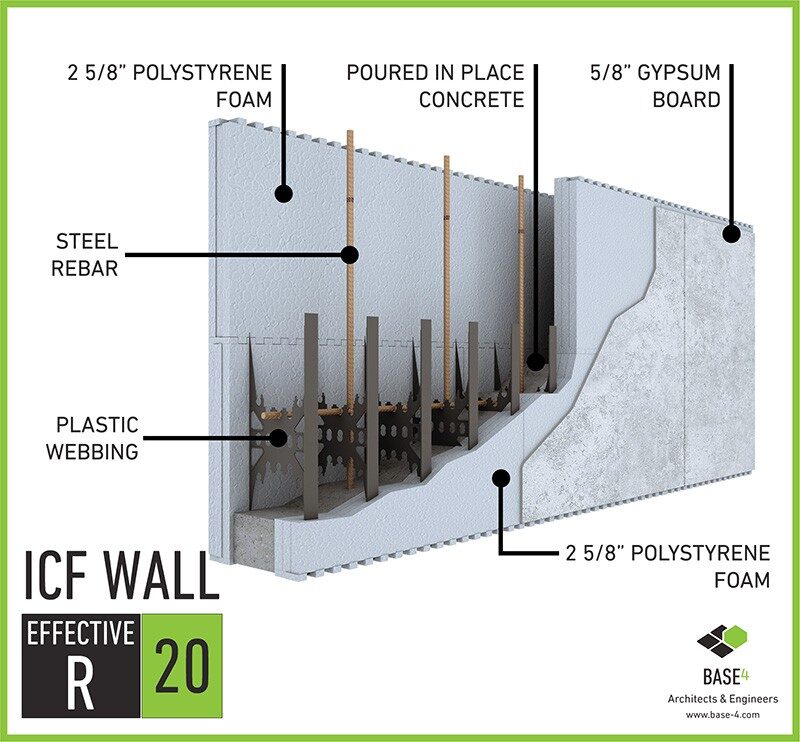
In hot summers or cold winters, if you want to get the most value from your hotel’s HVAC systems, you should insulate walls, attic spaces, above the top floor ceiling, and basement walls. Also, remember those areas most vulnerable to heating and cooling leakages, such as the top and bottom of conditioned spaces, any areas vulnerable to moisture, construction joints and connections (e.g., floors slabs that extend outdoors and have thermal bridging), improperly sealed doors and windows, and any places where pipes or conduits exit the building envelope. Have these areas thoroughly inspected in order to maximize your energy efficiency.
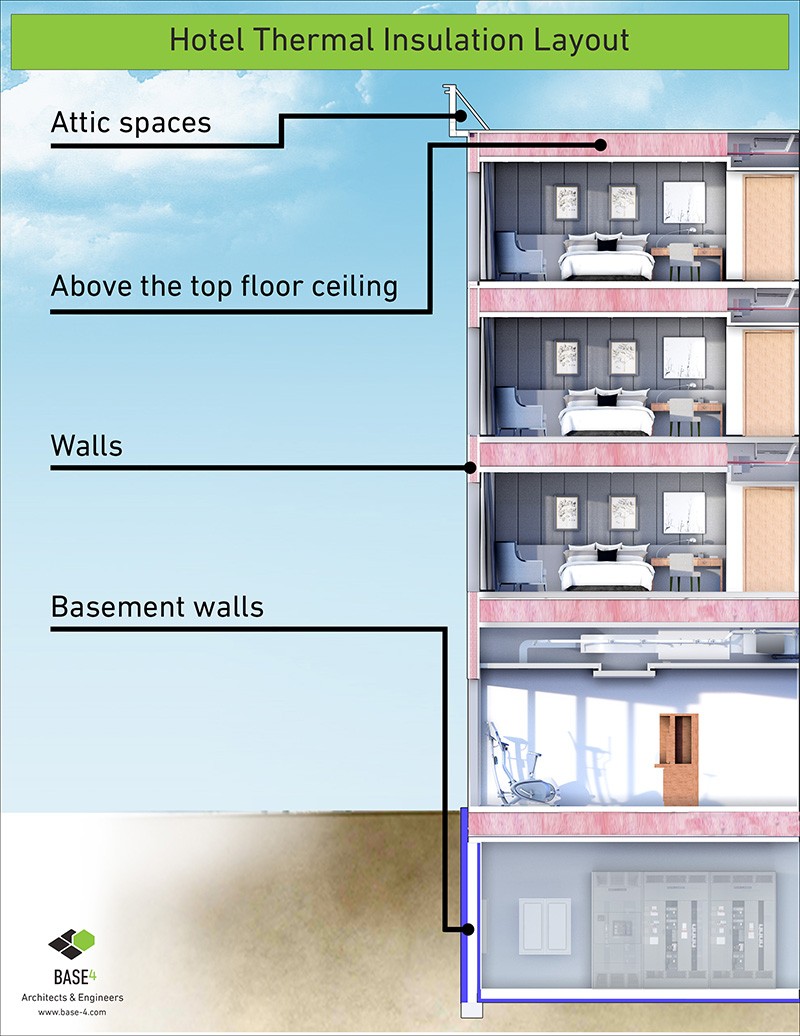
The Advantages
The benefits of thermal insulation are numerous. HVAC systems take up nearly 32% of total energy in hotels. To put that in perspective, a 10% energy reduction reflects the same as $1.35 boost in average room rate.3 A well-insulated building can help you achieve your target.
Design teams with an eye for energy savings and optimal thermal insulation can provide many advantages for your hotel, including improved comfort, healthier environment, better sound control (read more about it here), lowered energy bills, and of course, more energy savings!
Next week, I share some practical, code-friendly insulation solutions that deliver results. Keep watching the space!


